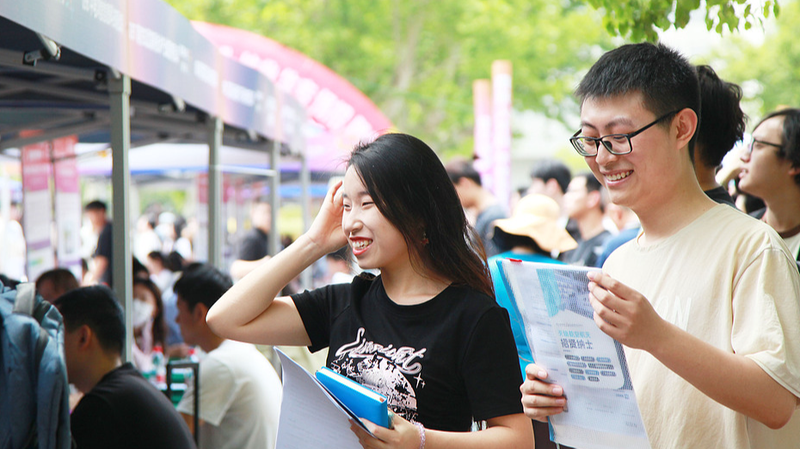The Chinese tech and manufacturing sectors are making a bold statement in 2025: people come first. Meituan, Tencent and Baidu are among the giants launching massive recruitment and training drives, opening up tens of thousands of roles for fresh graduates and seasoned pros.
Meituan is rolling out over 15,000 positions this year 6,000 graduate jobs, 4,000 internships with return offers and 5,000 general internships. The food-delivery and local-services leader has consistently hired more than 6,000 university graduates annually across various departments.
Tencent just unveiled its largest recruitment push ever: 28,000 internship positions over the next three years, including 10,000 slots in 2025 alone. About 60% of these roles are technical, covering AI model development, algorithm design, digital content and game-engine teams.
Baidu kicked off over 3,000 AI-focused summer internships in March and plans 21,000 internships over the next three years. It’s also launched its 2026 graduate recruitment campaign while hunting for experienced talent in AI, cloud and data science.
Midea, the home appliance maker, has opened more than 2,000 graduate positions in research and development, IT, marketing, finance and supply chain. From January to April, the company hired nearly 1,000 professionals in AI, robotics and renewable energy.
“Against a backdrop of economic uncertainty, hiring plans by leading enterprises act as a ‘stabilizer’ for the job market,” said Song Xiangqing, vice chairman of the China Business Economics Association. “These moves demonstrate social responsibility and support sustainable growth through stable employment.”
Other big names—Xiaomi, Huawei and Alibaba—are also scaling up AI-focused recruitment and upskilling. The rise of generative AI has fueled what experts call “AI skills anxiety,” driving companies to invest heavily in talent development.
“We’re encouraged to see that Chinese companies are shifting from a technology-centered mindset to a people-centered strategy, putting AI-powered talent development at the core,” said Nancy Wang, manager at LinkedIn China.
Meituan is embedding AI tools in everyday workflows, offering tailored training and incubating innovation teams. Baidu, having trained 5 million AI professionals ahead of schedule since 2020, continues to invest through initiatives like the two-decade-old programming contest Baidu Star, which has attracted over 300,000 participants.
“Many companies are building more structured AI training systems,” Wang added. “This shift not only boosts productivity but also ensures that talent is equipped for the future.”
As the Chinese mainland embraces the AI era, these talent strategies signal a broader push to stay competitive in next-generation technologies.
Reference(s):
cgtn.com




